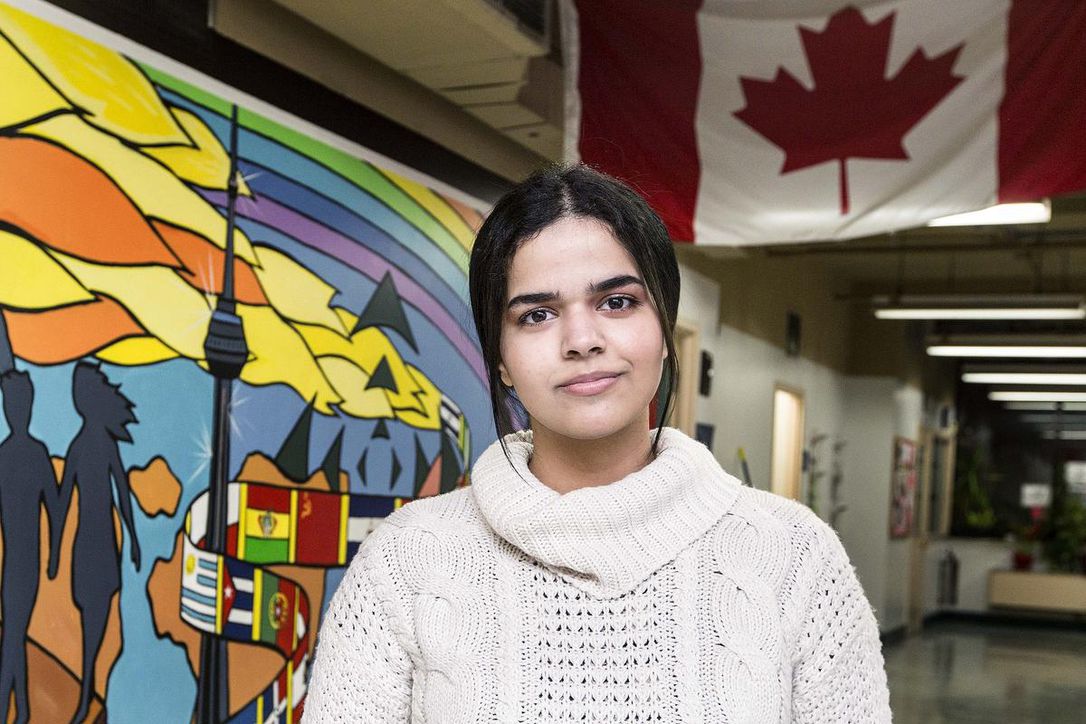On 12 January 2019, the United Nations Refugee Agency (UNHCR) tweeted that Saudi Arabian teen, Rahaf Mohammed, had arrived safely in Canada. Everyone who had been closely following the story of Rahaf’s escape from Saudi Arabia could finally breathe a sigh of relief. Since 5 January 2019, when Rahaf Mohammed escaped from her family and was subsequently detained in Thailand, Rahaf took to social media to plead for protection from countries like Canada, the United States, Australia, and the United Kingdom. She was eventually given refugee status by the UNHCR and granted asylum in Canada.
Rahaf Mohammed is an 18-year-old Saudi teenager who faced mistreatment and severe restrictions from her family. She was constantly abused physically and psychologically and Rahaf was very upset that she was unable to make decisions for herself. Once, after she cut her hair short without permission, her family locked her up for six months as punishment. Rahaf described her experience living in Saudi Arabia as being “treated as an object, like a slave.”
Due to the abuse Rahaf faced and the constraints on her daily life, she decided it was time to flee from her family, and persuaded them to travel to Kuwait since she would not be able to travel abroad directly from Saudi Arabia thanks to restrictions put in place by the male guardianship system. On the last day of the trip, Rahaf managed to board a flight to Bangkok in hopes to then transfer to Australia and seek asylum. However, when she landed in Thailand, her passport was confiscated by a Saudi official waiting in the Thai airport who had been notified by her male guardian that Rahaf was ‘traveling without his permission.’
Rahaf’s father, acting as her male guardian, claimed that she had mental illness and asked her to be deported on a flight back to Kuwait immediately, and she was sent to a hotel room to await her return flight. Rahaf claimed that the Saudi Embassy in Thailand also threatened her that they would forcibly return her, or even kidnap her, if she were to refuse. Having renounced Islam, Rahaf said that her family would likely kill her if she went back, so she barricaded herself in the hotel room and started a social media campaign (#SaveRahaf) on twitter to seek for help from the UNHCR and the international community.
On 7 January, UN officials arrived at the hotel and granted Rahaf refugee status following an assessment. Canada then granted Rahaf asylum and due to the fear of her safety hired guards for her protection. On 12 January 2019, Rahaf arrived safely in Toronto to start her new life.
Rahaf chose to escape from her home of Saudi Arabia not only because of the abuse she received from her family, but also because of the repressive male guardianship system, which systematically restrains women from everyday activities including applying for a passport, traveling abroad, getting married, and even accessing education without consent from a male relative. The dependence on male relatives also makes it easier for women in Saudi Arabia to be subjected to domestic violence.
Every year, hundreds of girls like Rahaf attempt to flee from Saudi Arabia and seek asylum in countries that will allow them more freedom and autonomy. Saudi Arabia needs to actively work towards the abolishment of the guardianship system and to allow women the freedom to make decisions in their own lives.
Cindy Lu is an advocacy intern with ADHRB





